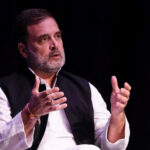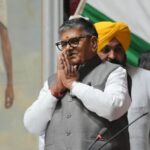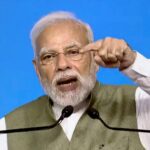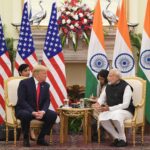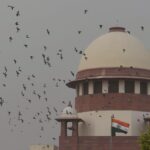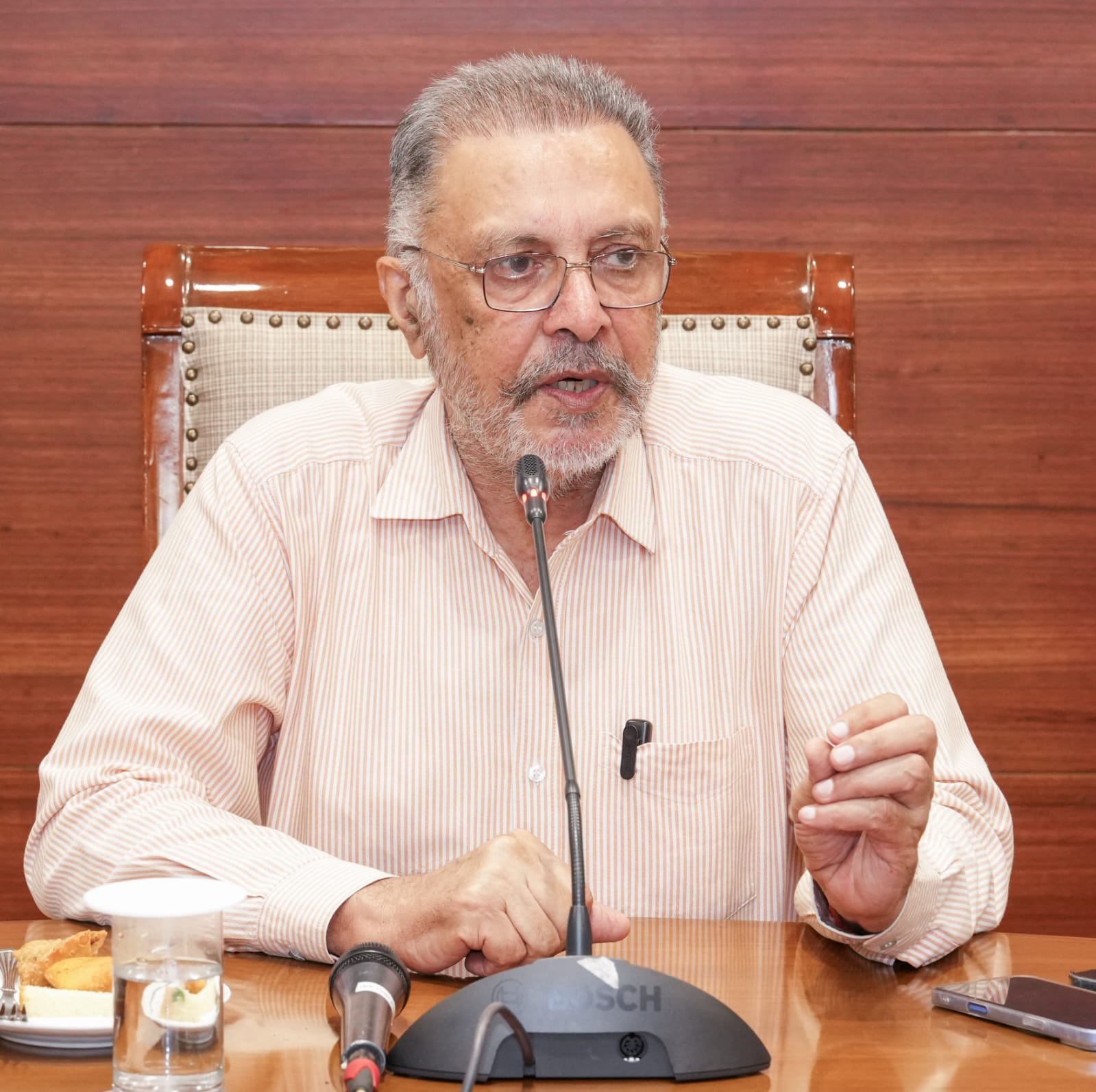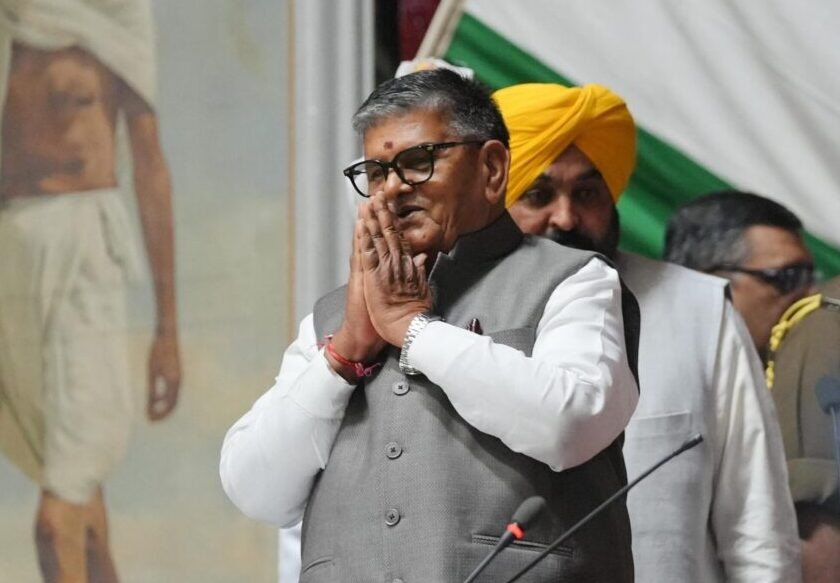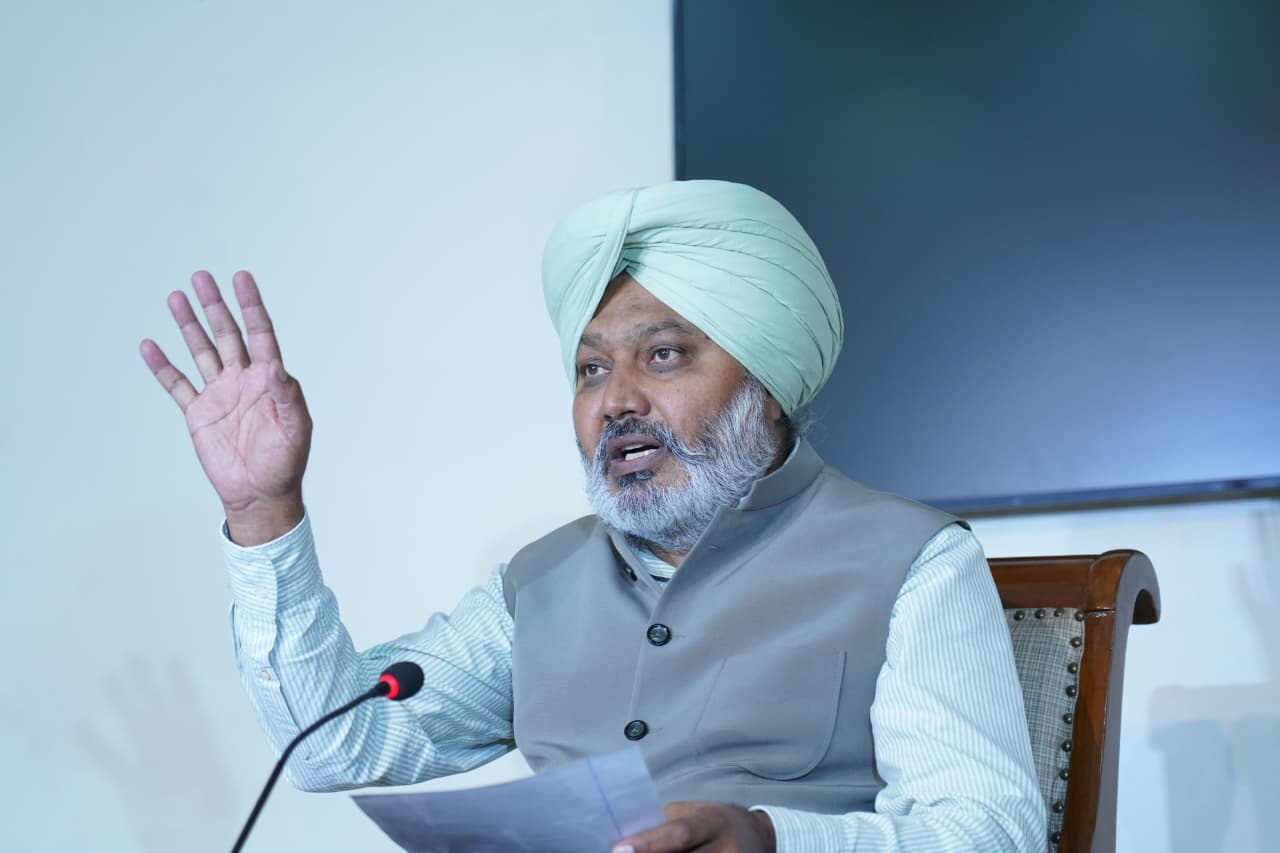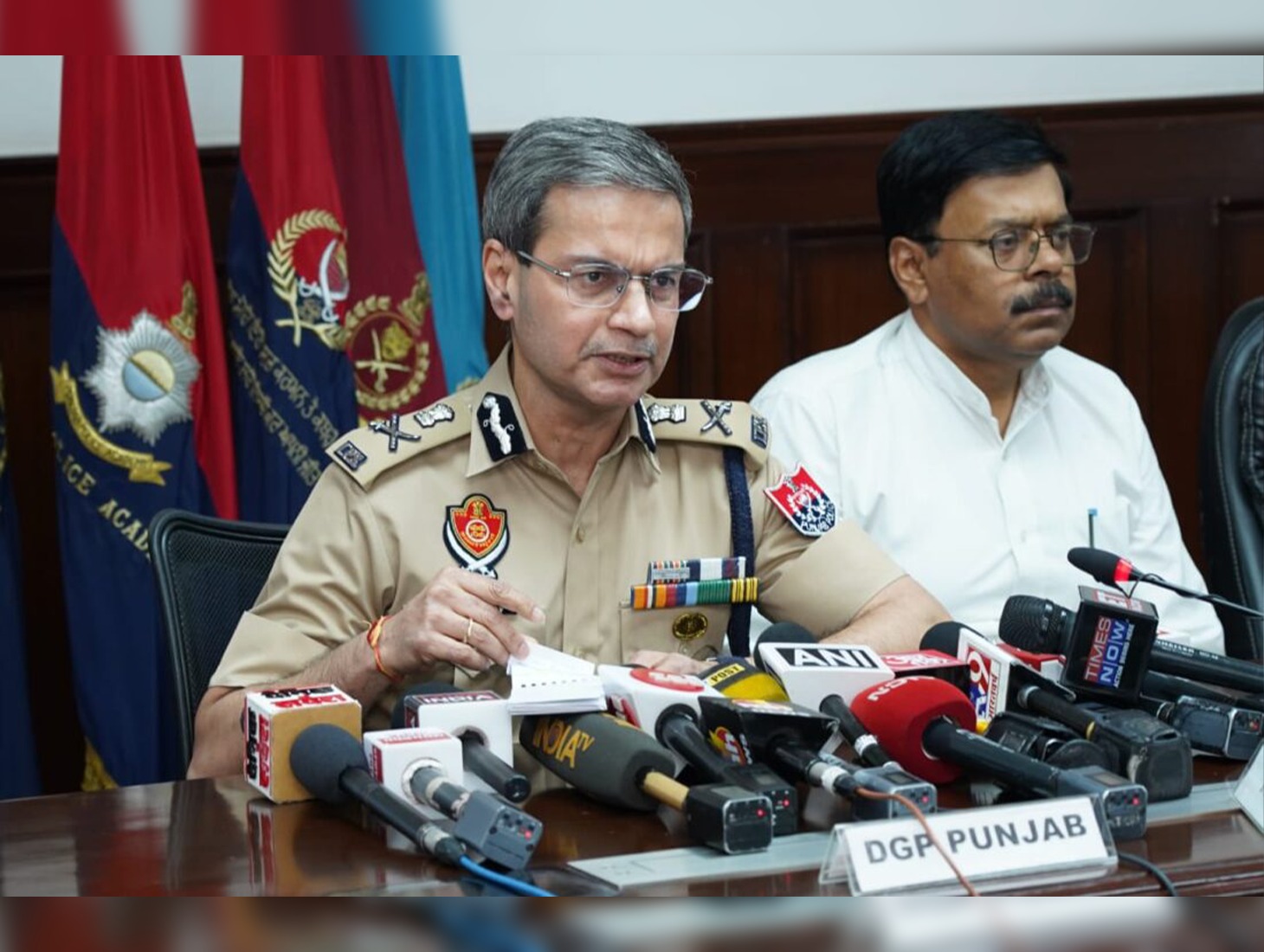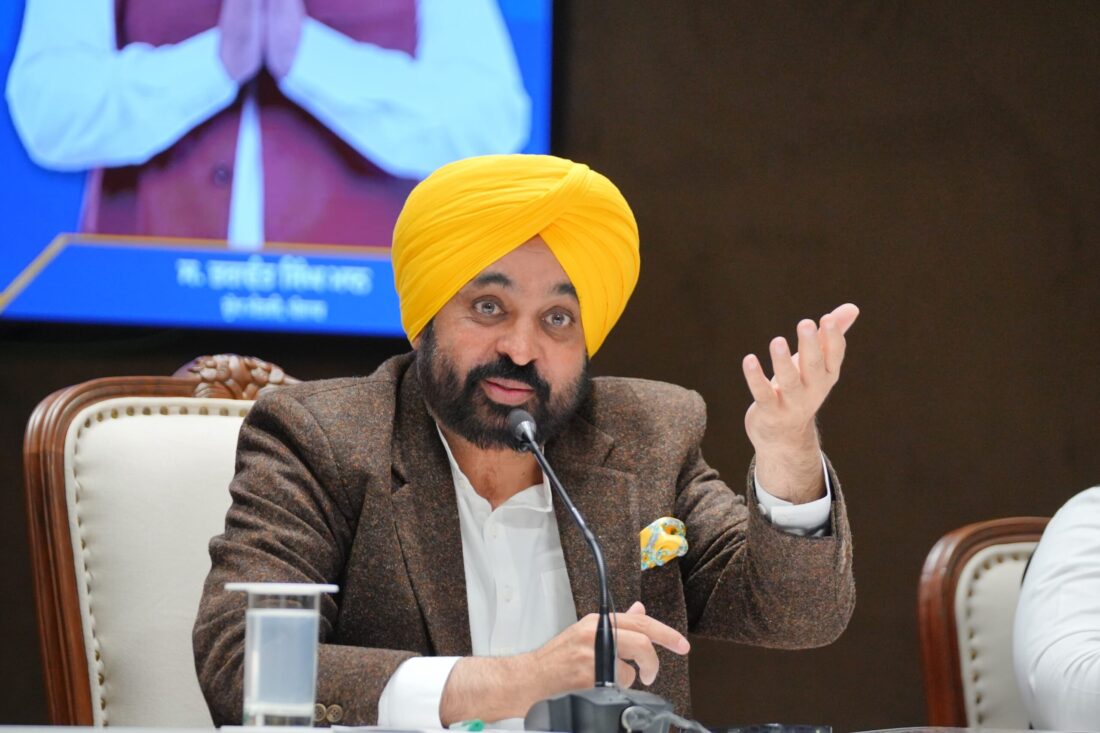The North News
Chandigarh, July 1
To mark National Doctors’ Day, the Punjab government has launched a statewide expansion of the STEMI project, a life-saving initiative aimed at providing immediate treatment to heart attack patients across all 23 districts. Health and Family Welfare Minister Dr Balbir Singh inaugurated the programme on Tuesday, describing it as a “monumental step in ensuring timely cardiac care, especially in rural and underserved areas.” The initiative—known as “Mission Amrit” (Acute Myocardial Reperfusion In Time)—targets patients experiencing ST-elevation myocardial infarction (STEMI), a severe and often fatal type of heart attack.
The scheme will equip all district and sub-divisional hospitals with the resources to diagnose and administer thrombolytic therapy, using Tenecteplase, a clot-busting drug costing around ₹30,000—provided free of charge by the state government.
The decision to scale up came after the success of a pilot programme in Ludhiana and Patiala, which was later extended to nine more districts. Over 14,000 chest pain patients were screened, and 583 STEMI patients received timely thrombolysis.
The project employs a Hub and Spoke Model, with district hospitals (Spokes) connected to expert centres (Hubs) such as DMCH Ludhiana, GMCH Chandigarh, and government medical colleges in Patiala, Faridkot, Amritsar, and AIIMS Bathinda. Patients arriving at Spoke centres will receive tele-ECG based guidance from cardiologists at the Hubs, followed by administration of Tenecteplase and eventual transfer for advanced treatment.
Dr Balbir Singh said the goal is to close the dangerous time gap many patients face. “Historically, patients reached hospitals 2–3 hours after symptoms began—often too late for effective treatment,” he said. “With this expansion, we are bringing lifesaving care closer to the people.”
Over 700 medical professionals have been trained in emergency response for STEMI cases, and hospitals are now equipped with ECG machines and defibrillators.
Dr Bishav Mohan, Head of Cardiology at DMCH Ludhiana, said greater public awareness was vital. “Many people confuse heart attack symptoms with gastric issues and delay treatment. This project ensures that once they seek help, they get the best possible care within the golden hour.”
On the occasion, 12 doctors who successfully administered thrombolytic therapy within the critical timeframe were honoured.
Senior officials present included Information Commissioner Harpreet Sandhu, Special Secretary Health Ghanshyam Thori, MD PHSC Amit Talwar, and cardiologists from AIIMS Bathinda, GMC Patiala, and GMC Amritsar.



